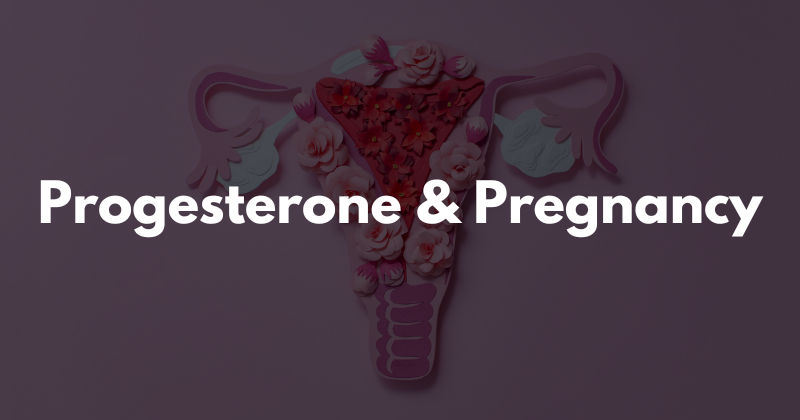The world of assisted reproduction is filled with numerous options, procedures, and terminologies that can be overwhelming to many, especially those considering surrogacy as a route to parenthood. Surrogacy is a powerful process, enabling individuals and couples to become parents even when they’re unable to carry a pregnancy themselves. One common question that arises in relation to surrogacy is: “Do surrogates use their own eggs?” This blog post aims to provide a detailed answer to this question and shed light on the surrogacy journey.
A straightforward answer to the query is: typically, no, surrogates do not use their own eggs. Rather, they carry a pregnancy created through in vitro fertilization (IVF) using the egg from either an egg donor or the intended parent. The process of using a surrogate’s egg is known as traditional surrogacy, a practice less common today due to ethical and legal complications. In the majority of cases today, gestational surrogacy is used, where the surrogate carries an embryo that does not contain her genetic material.
In the upcoming sections, we will delve deeper into this topic, exploring how a surrogate does not use her own eggs, and how she becomes pregnant through the use of IVF. By understanding these processes, we can appreciate the incredible scientific advancements that have revolutionized the journey to parenthood.
Do surrogates use their own eggs to get pregnant?
In the world of gestational surrogacy, a surrogate mother does not use her own eggs to get pregnant. Instead, the eggs are sourced either from an egg donor or the intended parent. This process ensures that the surrogate mother has no genetic link to the child she carries. This form of surrogacy is preferred due to its psychological, ethical, and legal advantages. It helps prevent complex scenarios that might arise if the surrogate mother were also the biological mother of the child.
Why does this matter? If a surrogate used her own eggs, she would technically be the biological mother of the child she is carrying. This could lead to potential legal disputes about the custody of the child. By using the egg of the intended parent or an egg donor, the surrogate is not biologically related to the baby, thus simplifying legal matters and often making the process emotionally easier for all parties involved.
This separation also provides reassurance to the intended parents. They can confidently ensure the child carries their genes or, in the case of an egg donor, carefully selected genes. This brings us to the question, if the surrogate isn’t using her own eggs, how does she become pregnant?
How does a surrogate become pregnant?
The surrogate mother becomes pregnant through a process known as in vitro fertilization (IVF). IVF is a medical procedure wherein an egg is fertilized by sperm outside the body in a laboratory. The resulting embryo is then transferred to the surrogate’s uterus. This groundbreaking technique transformed reproductive medicine and remains vital in gestational surrogacy.
The first step in the IVF process is egg retrieval. If the intended mother is using her own eggs, she will undergo hormone treatments to stimulate multiple egg production. Once mature, these eggs are then retrieved from her ovaries during a minor surgical procedure. If an egg donor is used, this person will undergo the same process.
Next comes fertilization. The retrieved egg is combined with sperm in a laboratory. The sperm may come from an intended father or a sperm donor. This fertilized egg, or embryo, is then allowed to grow in a controlled laboratory setting for several days.
After that, one or more embryos are transferred into the surrogate’s uterus. If the embryo implants successfully, the surrogate becomes pregnant and will carry the pregnancy to term. This process involves careful timing and synchronization with the surrogate’s menstrual cycle to increase the chances of successful implantation and pregnancy.
Throughout this journey, the surrogate is supported by medical professionals who ensure her health and well-being, while also monitoring the development of the pregnancy. This level of care continues until the baby is born and placed in the arms of the intended parents.
Wendy Arker entered the field of infertility with a huge heart and passion to guild others on their quest to grow their own family after her personal journey with infertility and turning to egg donation and sperm donation to create her own family. Being a single-mother-by-choice, Wendy understands firsthand the unique way families are built. Whether you’re a married couple, single, or LBGTQ, Creative Love is committed to assisting you.























